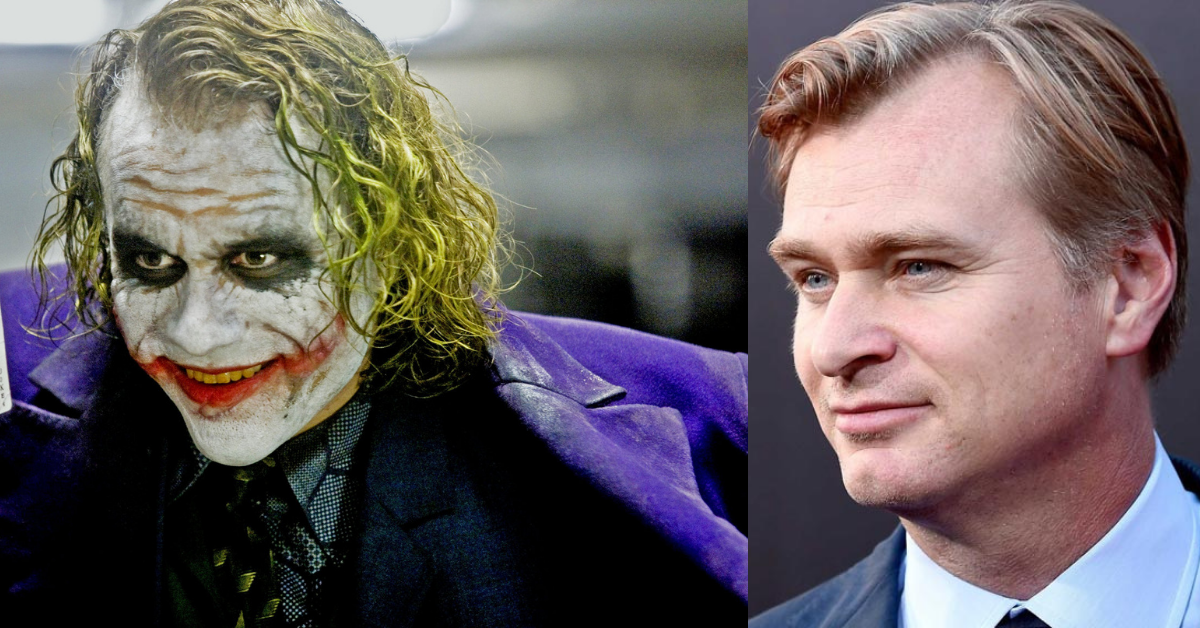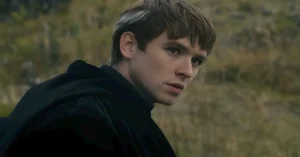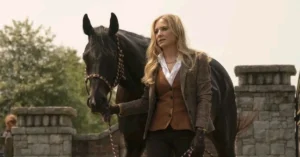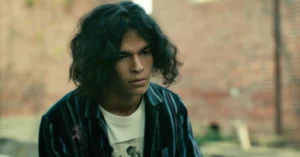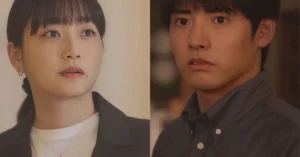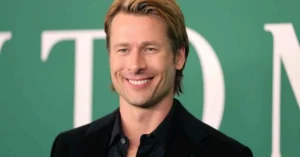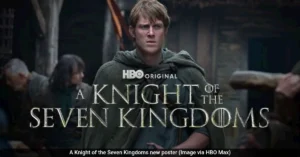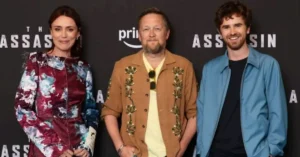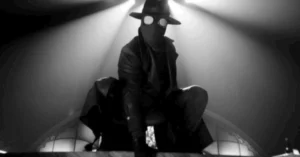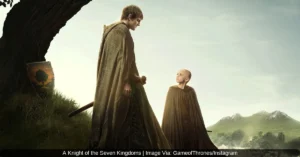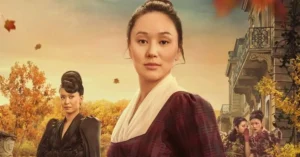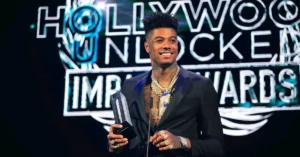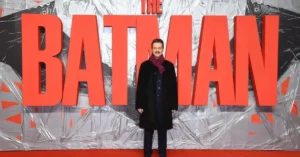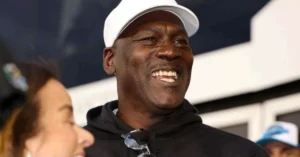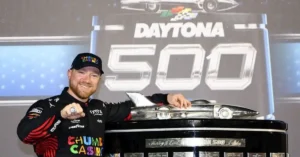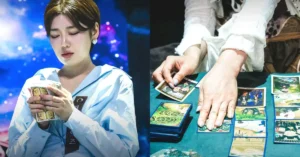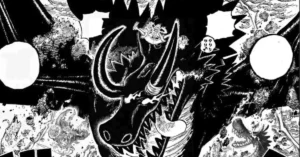In the realm of superhero cinema, few films have resonated as profoundly as Christopher Nolan’s “The Dark Knight.” The 2008 blockbuster not only set a new standard for comic book adaptations but also became a cultural phenomenon, largely due to Heath Ledger’s iconic portrayal of the Joker. However, the creation of this cinematic milestone was far from intentional. In fact, Nolan had initially no plans to make a sequel to “Batman Begins.”
The Reluctant Sequel
Christopher Nolan, known for his cerebral and non-linear storytelling, had completed his superhero duties with “Batman Begins” in 2005. The ending of the film teased the Joker’s arrival, but it was merely a nod to the fans rather than a setup for a follow-up. Nolan’s vision was to craft a singular, standalone Batman film. It wasn’t until the overwhelming success and critical acclaim of “Batman Begins” that the idea of a sequel started to take shape.
Ledger’s Transformation into the Joker
Heath Ledger’s preparation for the Joker role is now the stuff of legend. The actor secluded himself in a hotel room for weeks, diving deep into the psyche of the character. He maintained a diary, experimented with voices, and immersed himself in the anarchic spirit of the Joker. Ledger’s dedication to the role was all-consuming, and his untimely death before the film’s release added a tragic layer to his already haunting performance.
Bale’s Reflections on Batman
Christian Bale, who donned the cape and cowl, has expressed mixed feelings about his portrayal of Batman. Despite the trilogy’s success, Bale felt overshadowed by Ledger’s performance, stating that it “completely ruined all my plans” for the character. Bale’s introspective and nuanced take on Bruce Wayne/Batman was a cornerstone of the trilogy’s success, yet he humbly downplays his contributions in light of Ledger’s towering achievement.
Nolan’s Book and the Trilogy’s Impact
Nolan’s approach to the Batman mythos is detailed in the book “Christopher Nolan: The Iconic Filmmaker and His Work,” which provides insights into his filmmaking process and philosophy. The “Dark Knight” trilogy’s influence on the superhero genre is undeniable. It paved the way for a more serious and grounded portrayal of comic book characters, setting a benchmark that still stands today.
The Legacy Continues
“The Dark Knight” remains a testament to the power of storytelling, character development, and the potential of the superhero genre to transcend expectations. It’s a film that was never meant to be, yet it became everything fans and critics could have hoped for. Nolan’s reluctance to create a sequel resulted in a masterpiece that continues to inspire filmmakers and captivate audiences around the world.
“The Dark Knight” is more than just a film; it’s a cinematic milestone that emerged from a combination of reluctance, dedication, and tragedy. It showcases the transformative power of performance, the depth of character exploration, and the enduring impact of a story well told. As we look back on its journey to the screen, we are reminded that sometimes the most iconic pieces of art are born from the unexpected twists of fate.

